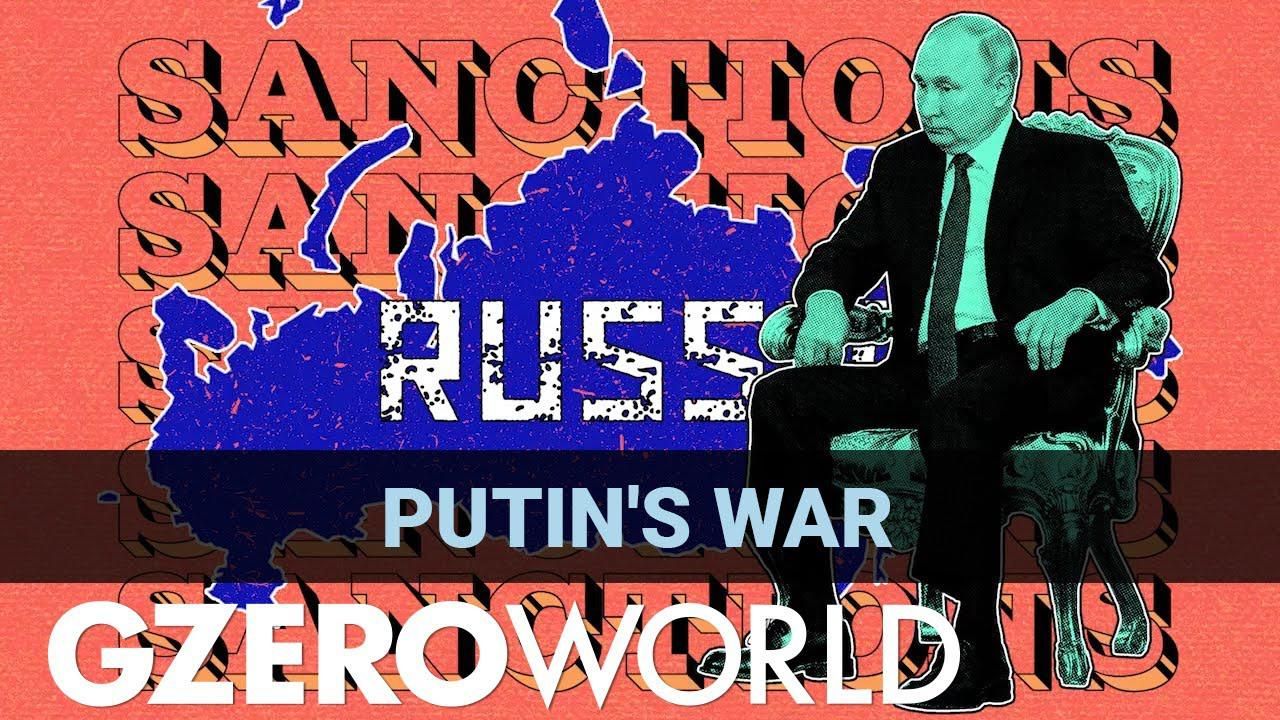March 24, 2022
The West is already at war with Russia.
NATO boots may not be on the ground, but NATO-supplied arms and cash are. Off the battlefield, Western sanctions are hitting the Russian economy hard.
Vladimir Putin definitely sees all this as the West being directly at war with Russia, Ian Bremmer explains.
Still, the Russian leader is fighting a 20th-century war in 2022. And so far, he's losing it.
Ukraine's President Volodymyr Zelensky is beating Putin in global PR and on social media. What's more, cracks are starting to form even within Russia, where dissent is formally banned.
Looking ahead, the question is how, and when, the war will spread beyond Ukraine's borders. The conflict is already having ripple effects on global supply chains as well as the prices of energy and food.
But the countries watching most closely are those in Eastern Europe, including former neutral actor and now perhaps future NATO member Finland.
Watch the GZERO World episode: Putin past the point of no return
More For You
- YouTube
In this Quick Take, Ian Bremmer addresses the killing of Alex Pretti at a protest in Minneapolis, calling it “a tipping point” in America’s increasingly volatile politics.
Most Popular
- YouTube
Who decides the boundaries for artificial intelligence, and how do governments ensure public trust? Speaking at the 2026 World Economic Forum in Davos, Arancha González Laya, Dean of the Paris School of International Affairs and former Foreign Minister of Spain, emphasized the importance of clear regulations to maintain trust in technology.
- YouTube
Will AI change the balance of power in the world? At the 2026 World Economic Forum in Davos, Ian Bremmer addresses how artificial intelligence could redefine global politics, human behavior, and societal stability.
Ian Bremmer sits down with Finland’s President Alexander Stubb and the IMF’s Kristalina Georgieva on the sidelines of the World Economic Forum to discuss President Trump’s Greenland threats, the state of the global economy, and the future of the transatlantic relationship.
© 2025 GZERO Media. All Rights Reserved | A Eurasia Group media company.
